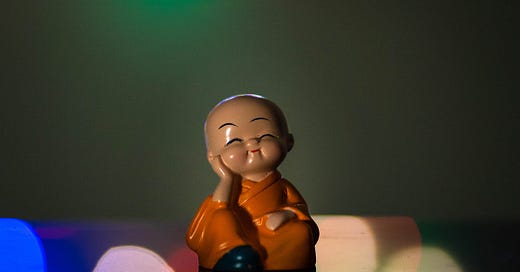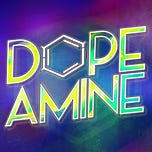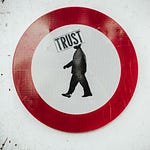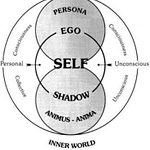
In the world of personal growth, we often focus on eliminating what we consider "negative" parts of ourselves. We think if our ego shows up differently each day, something must be wrong. But development isn't linear, and we all host multiple ego states that serve unique purposes depending on our circumstances. This is especially clear through the lens of developmental psychology, particularly models like the Stages model and Spiral Dynamics.
Both theories shed light on our evolving selves: Spiral Dynamics frames development within a collective and anthropological context, while the Stages model focuses on individual growth through different perspectives. If you’re familiar with both, you probably understand the complexity of ego states we navigate daily. And while it may seem overwhelming to honor all these inner voices, recognizing their purpose allows us to ease internal conflict.
Why We Should Embrace Multiple Ego States
From childhood to adulthood, we develop different "voices" that align with our growth stages. These perspectives aren’t inherently harmful—what causes discomfort is often our relationship with these internal voices. If you’ve ever felt like a younger part of you is “getting in the way” of your growth, you’re not alone. It’s tempting to elevate the more advanced, spiritual ego state and disregard the rest. But each stage, from the childlike first-person view to the more complex fourth-person understanding, plays a vital role in our psychological development.
Take, for example, the early stages of our lives, where we operate in the first-person perspective. As toddlers, the world is ours for the taking. We’re driven by pure instinct and need, and we don’t yet recognize that others have desires separate from our own. As we move into the second-person perspective, friendships emerge, and with them, the desire to understand how others see us. This relational view is essential for developing empathy and social navigation, but it also introduces conformity, often at the cost of authenticity.
By the time we reach the third and fourth-person perspectives, we’re balancing individual desires with the larger societal framework, understanding that we’re part of a collective. The ego state becomes even more complex as we develop ideals for how the world should be. It’s at this point that the spiritual ego can begin to take root.
The Rise of the Spiritual Ego
At advanced stages, the spiritual ego often emerges as the “enlightened” voice, tempting us to place it above all others. We may feel that because we’ve accessed deeper awareness, we’ve somehow transcended our earlier, more “primitive” ego states. But this belief is precisely where spiritual elitism sneaks in. We fall into the trap of believing that the spiritual ego is the “correct” or “higher” self while disregarding the importance of earlier ego states.
The truth is, all of these voices—whether the toddler who craves attention, the second-person who seeks connection, or the third-person who strives for societal contribution—are valid and necessary parts of the human experience. The spiritual ego is simply another state in the continuum. It doesn’t erase or replace the others.
Healing Through Developmental Coaching
One of the biggest revelations in developmental psychology is the importance of integrating all stages of growth. Each perspective offers unique wisdom. The key is to avoid letting any one ego state dominate. This is where developmental coaching becomes so valuable—helping us bring awareness to the various parts of ourselves, understanding their roles, and ultimately, learning to balance them.
In my personal coaching and development work, I've found that honoring these different stages requires a combination of empathy, awareness, and strategic action. Whether it’s helping clients navigate early childhood trauma or releasing the hold of the spiritual ego, the process always involves balancing these voices rather than suppressing them.
If we’re to fully evolve, we must equalize the spiritual ego and embrace the complexity of our development. Just as you wouldn't silence a child who’s learning to speak, you shouldn’t disregard the earlier stages of your growth. Every part of you has something valuable to contribute to your life's journey.
As you move forward in your own development, remember: that growth is not about elevating one part of you above the others. It’s about weaving them all into a cohesive and dynamic self. When we learn to embrace and respect all parts of ourselves, we can experience true liberation.
I’d love to hear your thoughts—have you noticed your spiritual ego showing up in unexpected ways? What developmental stages have you struggled to integrate? Feel free to share your experience!
I want you to consider supporting this publication by becoming a premium member. This helps keep the lights on as we catch up on some bills we’ve fallen behind during tough times. Also, consider our Wisdom of the 3 Centers Course or Venmo.













Share this post